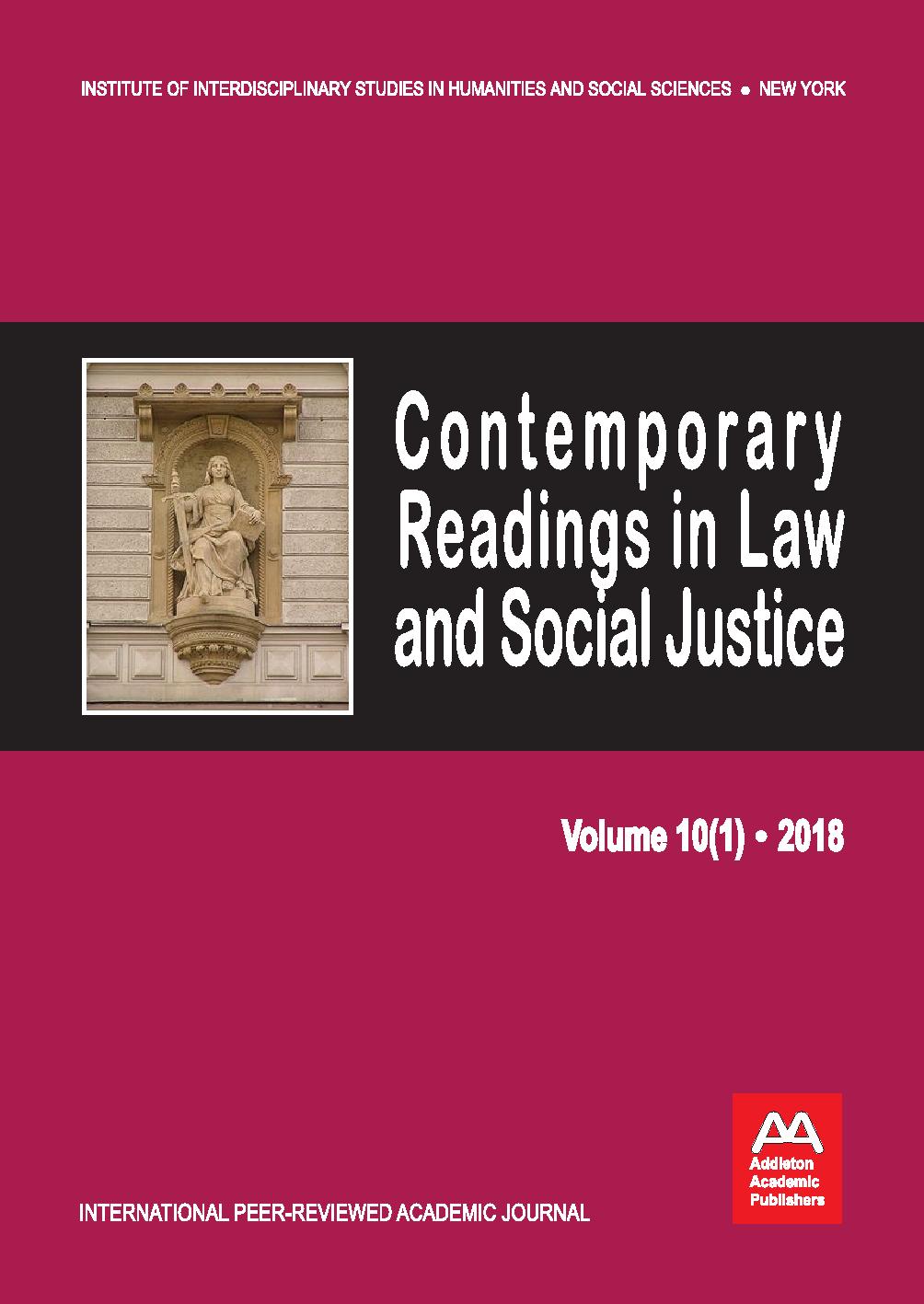VALIDITY AND RELIABILITY OF SUBJECTIVE, PERCEPTION-BASED MEASURES OF CORRUPTION
VALIDITY AND RELIABILITY OF SUBJECTIVE, PERCEPTION-BASED MEASURES OF CORRUPTION
Author(s): Luminita IonescuSubject(s): Economy, Social development, Corruption - Transparency - Anti-Corruption
Published by: Addleton Academic Publishers
Keywords: validity; reliability; perception-based measure; corruption; economic inequality;
Summary/Abstract: This research synthesizes existing studies and investigates the intricate, context-bound and unpredictable character of corrupt routines and the mechanisms via which perceived corruption is related to citizens’ wellbeing. Using data from BelarusDigest, CAF, ECLAC, Ernst & Young, Gallup, OECD, Pew Research Center, and Transparency International, I performed analyses and made estimates regarding the perceived control of corruption score. The empirical analysis given in this article shows that assessing corruption is instrumental in the quality of a democratic system. Substantial endeavors have been made to bring about factual measures of corruption, but the commonest ones are nonobjective or perception-based. Formal entities are the main actors that may shape decisions over whether or not to participate in corrupt conduct.
Journal: Contemporary Readings in Law and Social Justice
- Issue Year: 10/2018
- Issue No: 1
- Page Range: 151-157
- Page Count: 7
- Language: English
- Content File-PDF

